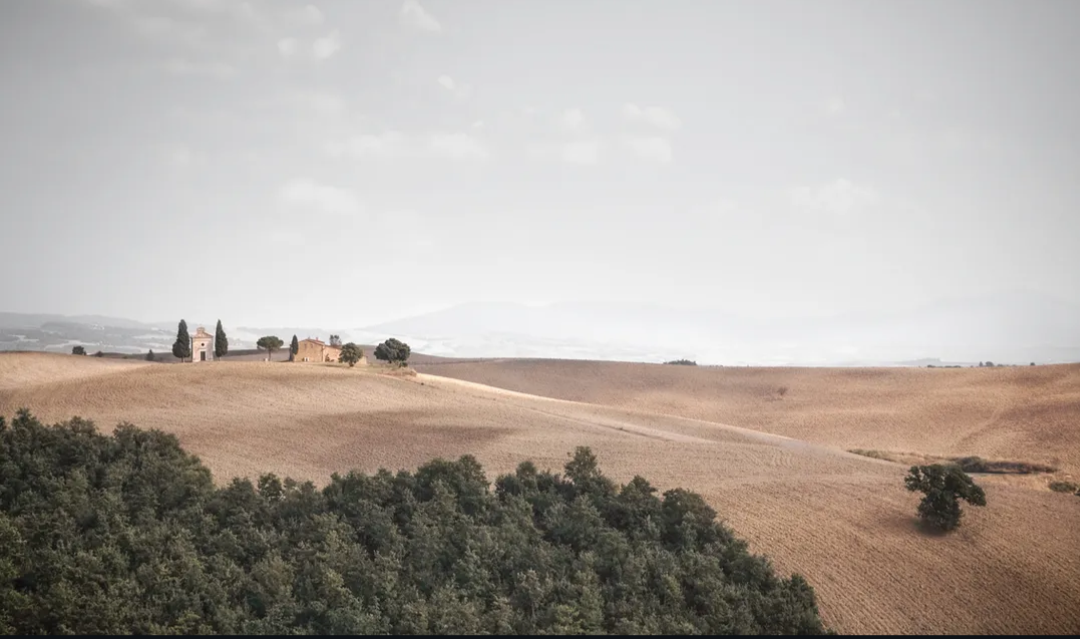
Certificate in Buying & Selling Rural and Agricultural Properties
Module 1: Introduction to Rural and Agricultural Properties
Overview of Rural and Agricultural Real Estate What defines rural and agricultural properties?
Differences between residential, commercial, and rural properties.
Understanding Rural Land Use Zoning laws and regulations.
Types of agricultural land: farms, ranches, and undeveloped land.
Legal Framework and Terminology Key terms and legal jargon in rural real estate transactions.
Land titles, easements, and property rights.
Challenges and Opportunities in Rural Real Estate Market trends in rural properties.
Common hurdles faced by buyers and sellers.
Module 2: Understanding Agricultural Markets and Trends
Agricultural Economics and Land Value Factors affecting land value: location, fertility, water access, and infrastructure.
Understanding crop yields and livestock production in market valuation.
Trends in Rural Property Investment Economic indicators that influence agricultural property investments.
Global agricultural market trends and their effects on local markets.
Key Players in Rural Real Estate Different buyer types: farmers, investors, and developers.
Sellers’ motivations: family farms, large corporate farms, and landowners.
Module 3: Property Valuation and Assessment
Methods of Valuation Comparative market analysis (CMA) in rural properties.
Cost and income-based approaches to property valuation.
Land Appraisal Process Understanding professional appraisals for rural properties.
Role of local and national valuation standards.
Environmental and Land Condition Factors Assessing land productivity and sustainability.
Soil tests, water rights, and land conservation practices.
Pricing Strategies for Rural Real Estate Setting a fair and competitive price for agricultural land.
Understanding the buyer's market vs. seller's market.
Module 4: Buying Rural and Agricultural Properties
Understanding the Buyer’s Needs Types of buyers: small-scale farmers, corporate farms, hobby farms, and recreational buyers.
Assessing land suitability for the intended agricultural purpose.
Financing Agricultural Properties Loans, mortgages, and government grants for agricultural properties.
Special financing programs for rural buyers.
Conducting Due Diligence Land surveys, environmental assessments, and access to resources (water, roads, etc.).
Evaluating property history: previous ownership, taxes, and legal issues.
Navigating the Purchase Process Negotiation strategies for agricultural properties.
Closing procedures and contracts for rural real estate transactions.
Module 5: Selling Rural and Agricultural Properties
Preparing the Property for Sale How to improve the appeal of rural land for prospective buyers.
Managing and improving agricultural operations for sale.
Setting the Right Price How to accurately price rural and agricultural land based on market research.
Understanding market trends and seasonality in land sales.
Marketing Rural Properties Effective marketing strategies for rural properties: online platforms, auctions, and word-of-mouth.
Using photographs, maps, and property details in marketing materials.
Negotiation and Closing Dealing with offers, counter-offers, and negotiating terms.
Preparing legal documents and understanding the closing process.
Module 6: Legal and Regulatory Considerations
Land Ownership and Title Issues Legal rights, titles, and deeds in agricultural property transactions.
Transfer of land titles and handling disputes over ownership.
Zoning, Land Use, and Planning Regulations Land use policies and restrictions affecting rural properties.
How zoning affects agricultural production and residential developments.
Environmental Regulations and Sustainability Regulations on water rights, conservation, and pesticide use.
Compliance with environmental laws and sustainability certifications.
Taxation and Agricultural Exemptions Tax considerations for rural property buyers and sellers.
Agricultural tax exemptions and subsidies.
Module 7: Risk Management and Environmental Factors
Assessing Environmental Risks Understanding natural risks: floods, droughts, wildfires, and soil erosion.
Insurance options for rural and agricultural properties.
Climate Change and Its Impact on Rural Land How changing climate patterns affect agricultural production.
Strategies to mitigate environmental risks and increase land value.e
Land Conservation and Sustainability Sustainable farming practices and conservation easements.
Government programs supporting sustainable agriculture.
Managing Liability and Risk in Rural Real Estate Identifying potential liability issues and how to avoid them.
Ensuring liability insurance for agricultural and rural properties.
Module 8: Emerging Trends and Future Opportunities in Rural Real Estate
Smart Agriculture and Technology in Rural Properties The role of technology in modern farming and rural land management.
The rise of agri-tech in enhancing land productivity and property value.
Trends in Property Development and Investment Growth of agribusiness and land development opportunities.
How renewable energy projects (wind, solar) affect rural land.
Challenges and Opportunities in Rural Real Estate Evaluating the future of rural property markets post-pandemic.
Trends in sustainability, organic farming, and green energy investments.
The Global Impact on Rural Real Estate Markets Understanding how global trade and policy affect local agricultural land prices.
Course Access
You'll be added to this within 24 to 48hrs after purchase. Please make sure you put a working email address as your login will be emailed to you.
Program Duration and Study Hours
Duration: 6 months
All online courses must be completed within the allotted timeframe.
If you have not completed your course within the allotted timeframe, we reserve the right to restrict access to your course.
For questions regarding this policy, please contact us
Course Recognition
CPD Points Assigned - 150
Recognized by
Qualifications Framework
Awards
Certificate Diploma of Completion



